A Mercedes S-Class V8 engine recall is a critical safety update. It typically addresses potential issues with components like the ignition system, fuel delivery, or electronics that could affect performance or, in rare cases, pose a fire risk. Addressing these recalls promptly ensures your S-Class remains a safe and reliable luxury vehicle.
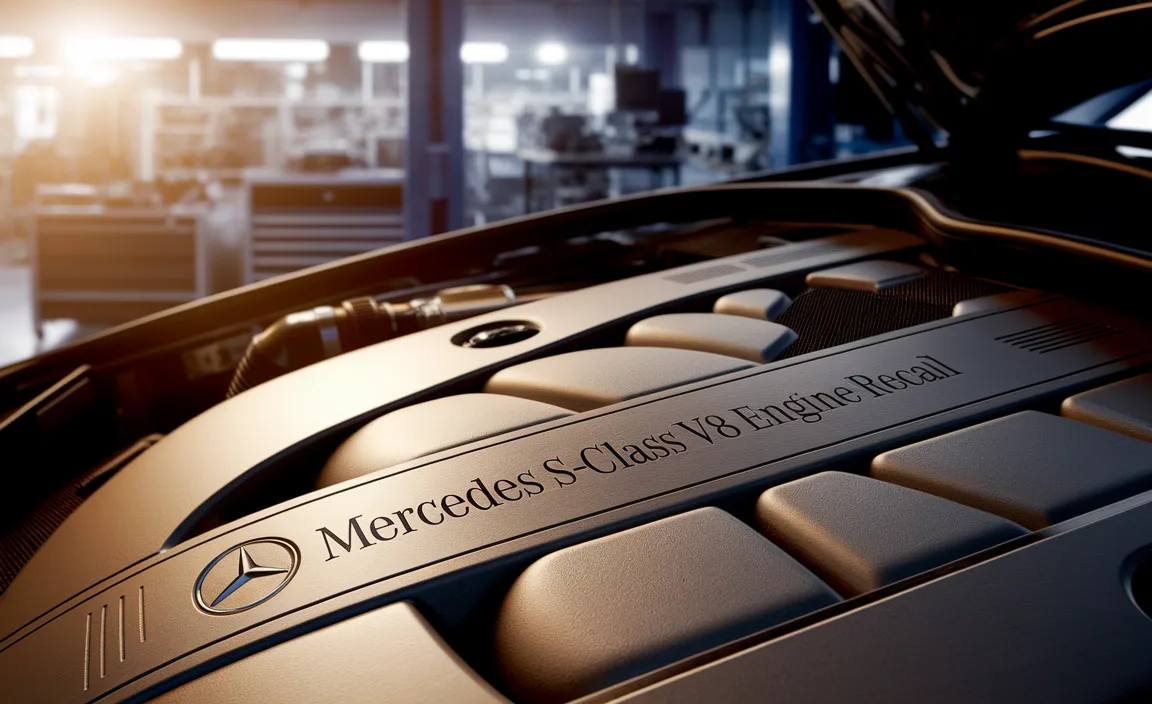
Owning a Mercedes-Benz S-Class is a statement of luxury and engineering excellence. When a recall is issued for its powerful V8 engine, it’s natural to feel a little concerned. Don’t worry, though! These recalls are proactive measures taken by Mercedes-Benz to ensure your vehicle is as safe and reliable as possible. Often, they involve fixing a component that, under specific circumstances, could cause a minor drivability issue or, in very rare instances, a safety concern. Think of it as a free safety upgrade for your already fantastic car. We’re here to walk you through exactly what these V8 engine recalls usually entail, why they’re important, and how you can easily get your S-Class taken care of.
Understanding the Mercedes S-Class V8 Engine Recall
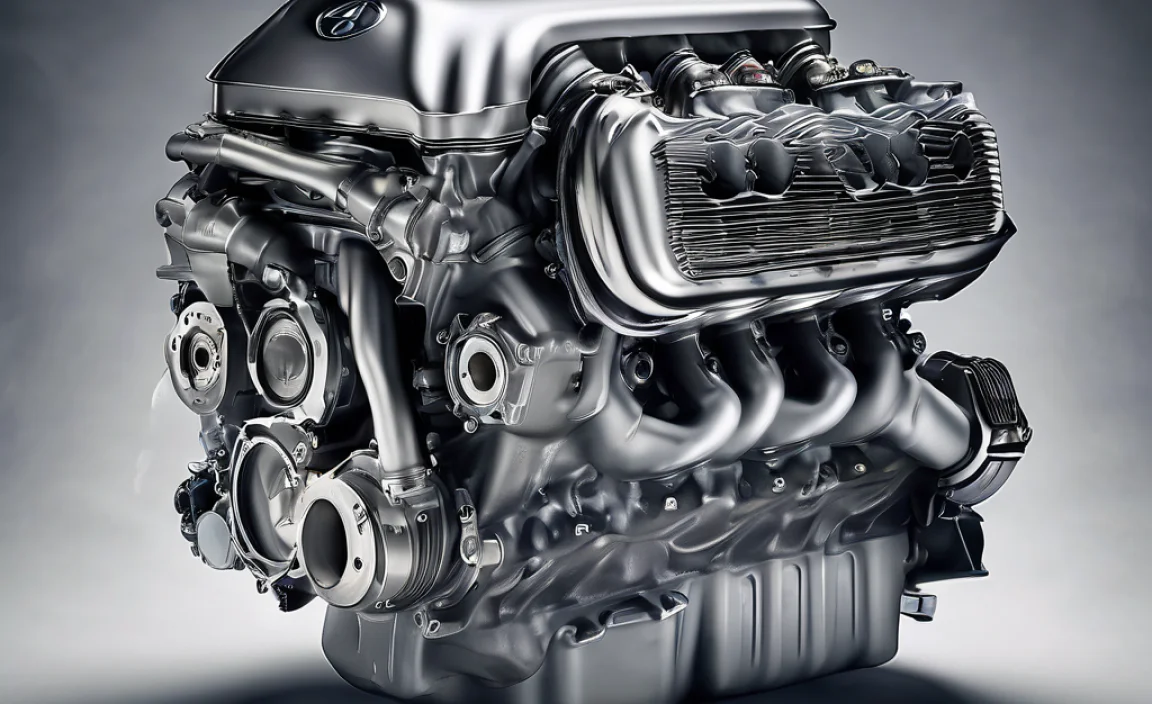
Recalls are a standard part of vehicle ownership, and Mercedes-Benz, like all major manufacturers, issues them to address potential safety defects discovered after a vehicle has been sold. For the S-Class, particularly models equipped with the V8 engine, these recalls are meticulously planned and executed to maintain the highest standards of performance and safety.
Why Recalls Happen
Manufacturers issue recalls for a variety of reasons. These can range from something as minor as a faulty sensor that affects fuel economy to more significant issues that could impact vehicle safety. For S-Class V8 models, common areas that might be subject to a recall include:
Ignition System Components: Spark plugs, ignition coils, or related wiring harnesses can sometimes develop faults that may lead to misfires or reduced engine performance.
Fuel Delivery System: Issues with fuel pumps, injectors, or fuel lines could potentially lead to fuel leaks, which is a safety concern.
Cooling System: Overheating can degrade engine components over time. Recalls might address faulty thermostats, water pumps, or coolant hoses.
Electrical Systems: Complex electronics manage many aspects of the V8 engine. A wiring issue or a faulty control module could necessitate a recall.
Emissions Control Systems: While not always a safety issue, components that affect emissions could also be subject to recall if they don’t meet regulatory standards.
The Importance of Addressing a Recall
Ignoring a recall notice, especially one concerning the engine, can have several consequences:
Safety Risks: The primary reason for recalls is safety. A component failure could lead to unexpected engine shutdown, reduced braking assistance, or even a fire hazard in extreme, rare cases.
Vehicle Performance: A faulty component can negatively impact your S-Class’s smooth operation, leading to rough idling, loss of power, or increased fuel consumption.
Warranty and Future Repairs: While the recall repair itself is free, continued use of a vehicle with a known defect could potentially lead to further, unrelated damage, which might not be covered by warranty.
Resale Value: A vehicle with outstanding recalls can be less attractive to potential buyers and may fetch a lower price.
What “Safety Boost” Means in This Context
When we refer to an “essential safety boost,” it means the recall addresses a specific issue that, if left unfixed, could compromise your safety or that of others on the road. Mercedes-Benz doesn’t take the V8 engine’s performance or reliability lightly, and these recalls are designed to reinforce that. They are not necessarily addressing widespread, critical failures but rather potential weaknesses identified through rigorous testing and customer feedback. It’s about ensuring your S-Class continues to operate flawlessly and safely.
Identifying Your S-Class V8 Engine Recall
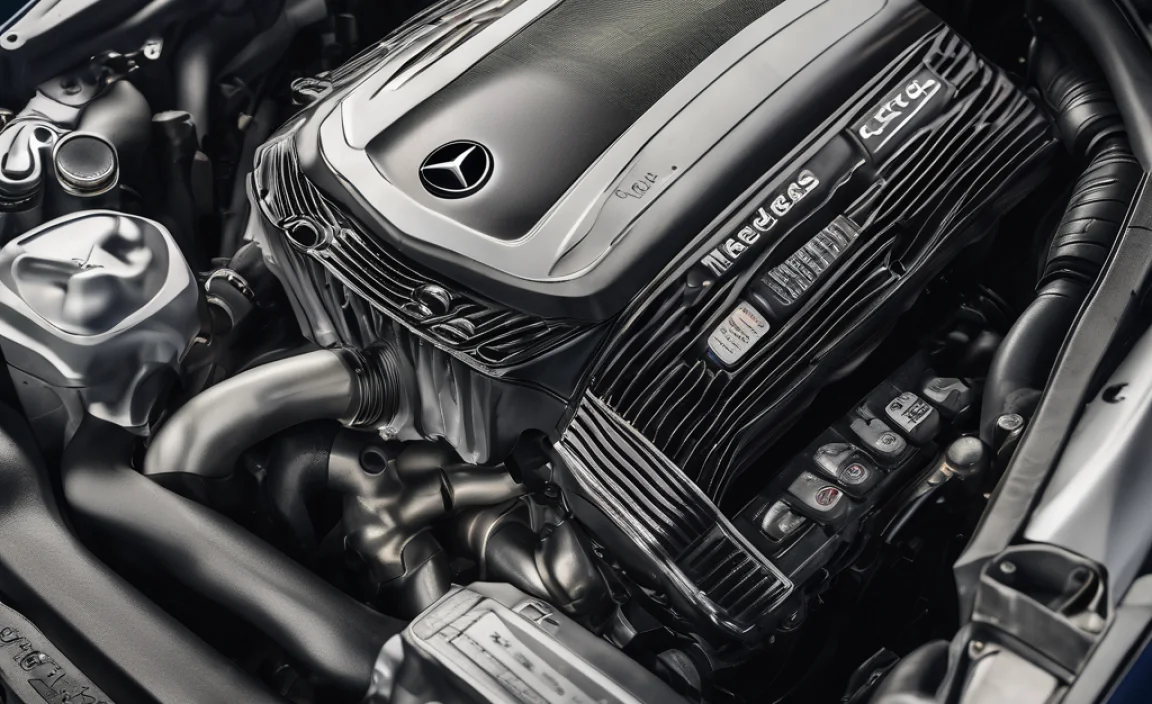
Knowing if your specific Mercedes-Benz S-Class V8 model is affected by a recall is the first step. Fortunately, it’s a straightforward process.
Checking for Recalls Online
The most efficient way to check for open recalls is through official Mercedes-Benz resources.
1. Mercedes-Benz USA Recall Lookup: Visit the Mercedes-Benz USA recall page. You’ll typically need your vehicle’s 17-digit Vehicle Identification Number (VIN). You can usually find your VIN on the driver’s side dashboard where it meets the windshield, or on your insurance card and vehicle registration.
2. National Highway Traffic Safety Administration (NHTSA): The NHTSA website also provides a VIN lookup tool that can identify recalls for any vehicle sold in the United States, not just Mercedes-Benz.
What Information You’ll Need
Your Vehicle Identification Number (VIN): This is crucial. It uniquely identifies your car.
Model Year and Specific S-Class Model: While the VIN is the primary identifier, knowing your exact model (e.g., S 560, S 63 AMG) and year helps you understand recall details if you find them.
Understanding the Recall Notice
When you receive a recall notice in the mail or find one online, it will contain vital information:
Description of the Defect: A clear explanation of the issue.
Potential Hazard: What could happen if the defect occurs.
Remedy: What Mercedes-Benz will do to fix the problem (usually replacement of a part).
Instructions for Getting the Repair: How to schedule an appointment with an authorized dealer.
Contact Information: How to get in touch with Mercedes-Benz customer care if you have questions.
The V8 Engine Recall Repair Process: Step-by-Step
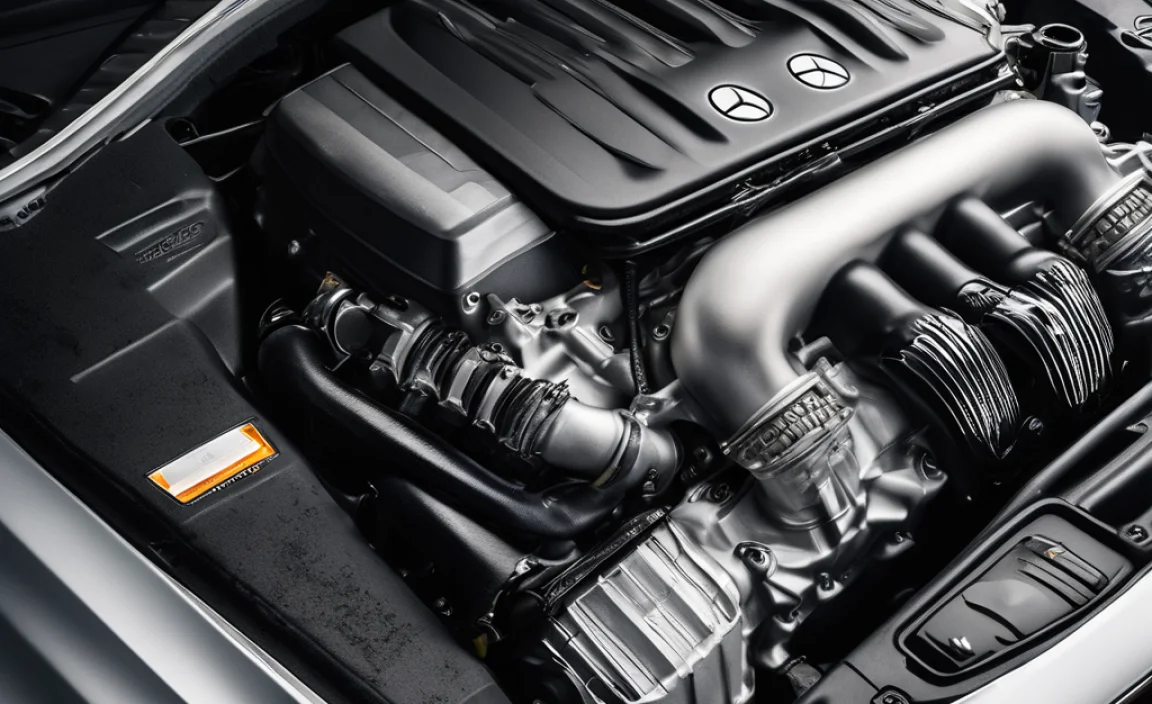
Getting a recall fixed on your Mercedes-Benz S-Class is designed to be as hassle-free as possible for the owner. It’s a service you are entitled to, completely free of charge, at an authorized dealership.
Step 1: Confirm Your Vehicle is Affected
As detailed above, use your VIN to check the official Mercedes-Benz recall portal or the NHTSA website. If your car is listed, proceed to the next step.
Step 2: Locate an Authorized Mercedes-Benz Dealer
You can find a local dealer using the Mercedes-Benz dealer locator on their website. It’s best to choose a dealer that specializes in servicing Mercedes-Benz vehicles, as they will have the specific parts and trained technicians for your S-Class.
Step 3: Schedule Your Service Appointment
Contact your chosen dealership to explain that you have received a recall notice (mention the recall number if you have it) and wish to schedule an appointment for the repair.
Be specific: Clearly state the recall you are addressing.
Inquire about loaner vehicles: S-Class owners are accustomed to a certain level of service. Ask if a loaner vehicle is available for the duration of the repair, especially if it might take more than a few hours.
Ask about anticipated repair time: Get an estimate of how long the service will take.
Step 4: Bring Your S-Class to the Dealership
On the day of your appointment, ensure your S-Class is accessible. Bring any relevant paperwork, such as the recall notice, though the dealer should be able to access your vehicle’s history via its VIN.
Step 5: The Dealer Performs the Repair
Certified Mercedes-Benz technicians will perform the necessary work. This typically involves:
Diagnosis: Verifying the specific issue related to the recall.
Parts Replacement: Installing the updated or corrected components.
Testing: Ensuring the repair is successful and the engine is functioning correctly.
Step 6: Review and Pick Up Your Vehicle
Once the repair is complete, the dealership will contact you. Before driving off, take a moment to:
Review the service invoice: Though free, there should be a record of the work performed.
Ask any questions: Clarify anything you’re unsure about regarding the repair or your car’s current status.
Common Components Involved in S-Class V8 Engine Recalls
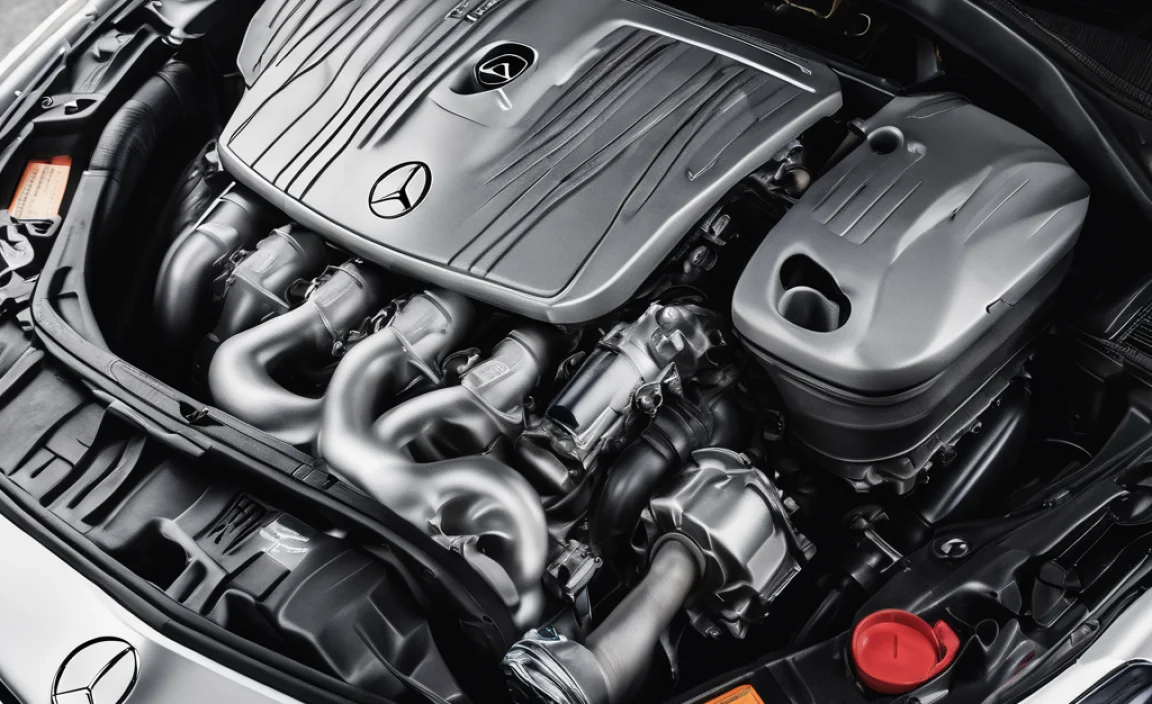
While every recall is specific, certain components in V8 engines are more prone to needing attention over time due to their complexity and critical function. Understanding these can give you context.
Ignition Coil Packs and Spark Plug Wires
These are vital for igniting the fuel-air mixture in your engine’s cylinders. A failing ignition coil can cause a cylinder to misfire, leading to a rough-running engine, reduced power, and potentially increased emissions. In some cases, a faulty coil or wire could overheat, posing a fire risk.
What a recall might involve: Replacement of the affected ignition coil packs or spark plug wires with updated, more durable versions.
Fuel Injector Seals or Nozzles
Fuel injectors deliver precise amounts of fuel into the engine. If seals begin to degrade or the nozzle develops a fault, it can lead to fuel leaks or improper fuel delivery. A fuel leak, especially near hot engine components, is a significant fire hazard.
What a recall might involve: Replacement of specific fuel injector seals or the entire injector assembly with redesigned parts that are more resistant to heat and fuel exposure.
Crankshaft Position Sensor
This sensor tells the engine’s computer the exact position and rotational speed of the crankshaft. This information is crucial for timing ignition and fuel injection. A failing sensor can cause the engine to stall unexpectedly or prevent it from starting altogether.
What a recall might involve: Replacement of the crankshaft position sensor with a more robust unit or an adjustment to its wiring harness to prevent interference or damage.
Oil Separator System Components
Modern V8 engines often have sophisticated oil separation systems to manage crankcase pressure and emissions. If a component within this system cracks or fails, it could lead to oil leaks or increased pressure buildup, potentially damaging other engine seals.
What a recall might involve: Replacement of a specific housing, diaphragm, or hose within the oil separator system with a part made from a more resilient material or with a revised design.
Braking System Vacuum Pump or Lines
While not directly part of the engine’s combustion process, the V8 engine’s output is often used to power a vacuum pump that assists the braking system. A fault here could lead to reduced braking assist, making the brake pedal harder to press, which is a critical safety concern.
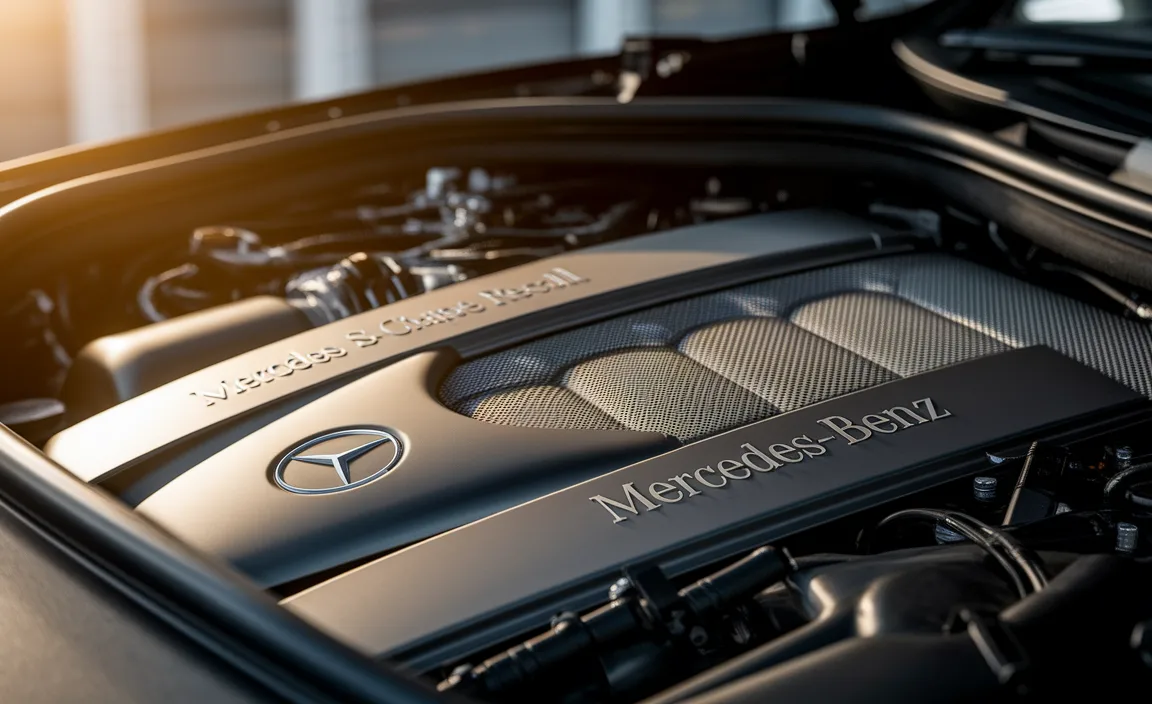
What a recall might involve: Replacement of the vacuum pump itself, its lines, or related seals to ensure consistent and adequate vacuum for the braking system.
Here’s a table summarizing potential components and associated risks:
| Component Area | Potential Issue | Possible Consequence | Recall Remedy Example |
| :———————— | :————————————————- | :———————————————————– | :——————————————————– |
| Ignition System | Faulty ignition coil, damaged spark plug wire | Engine misfire, rough running, potential fire hazard | Replacement of ignition coils/wires with improved design |
| Fuel System | Leaking fuel injector seals, faulty injector | Fuel leak, potential fire hazard, poor engine performance | Replacement of affected injector seals or entire injectors |
| Engine Management | Failing crankshaft position sensor | Engine stalling, failure to start, erratic operation | Replacement of sensor or associated wiring |
| Emission/Lubrication | Cracked oil separator housing | Oil leaks, increased crankcase pressure, seal damage | Replacement of oil separator component with durable part |
| Auxiliary Systems | Malfunctioning vacuum pump for brakes | Reduced braking assist, harder brake pedal | Replacement of vacuum pump or related components |
Preparing for the Unexpected: Tire Maintenance
While we are focusing on engine recalls, ensuring your vehicle is in top shape involves all its systems. Well-maintained tires are crucial for safe driving, especially with the power and weight of an S-Class. Regularly checking tire pressure using a reliable gauge can prevent uneven wear and improve fuel efficiency. For instance, using a quality digital tire pressure gauge can help you maintain optimal pressure, which is vital for vehicle handling and safety. Remember, even the most powerful engine needs a solid foundation to perform safely.
Conclusion: Peace of Mind Through Proactive Care
Your Mercedes-Benz S-Class V8 represents a pinnacle of automotive engineering, and keeping it in optimal condition is paramount to enjoying its luxury and performance safely. Recalls, while sometimes concerning, are a testament to Mercedes-Benz’s commitment to your safety and vehicle integrity. By understanding what V8 engine recalls entail, knowing how to check for them, and following the simple steps to get them addressed at an authorized dealership, you are taking essential steps to maintain your S-Class’s reliability and your peace of mind.
Don’t let a recall notice cause undue stress. Consider it an opportunity for a complimentary upgrade to your vehicle’s safety systems. A quick visit to your Mercedes-Benz dealer ensures that the V8 engine in your S-Class continues to deliver the smooth, powerful, and, most importantly, safe driving experience you expect. Keep enjoying the drive, knowing your S-Class is performing at its best, thanks to proactive care and attention to detail.
Frequently Asked Questions About Mercedes S-Class V8 Engine Recalls
Here are some common questions owners have about these important safety updates.
Q1: Is the recall repair really free?
A: Yes, absolutely. All recall-related repairs performed by an authorized Mercedes-Benz dealer are completely free of charge to the owner. This applies to parts, labor, and any diagnostic work needed specifically for the recall.
Q2: How long does a recall repair typically take?
A: The time can vary significantly depending on the complexity of the repair. Simple component replacements might take an hour or two, while more involved issues could require several hours. Your service advisor at the dealership can give you a more precise estimate when you book your appointment.
Q3: What if I’m out of warranty? Does that affect recalls?
A: No. Recalls are safety-related issues mandated by regulatory bodies. They must be performed by the manufacturer free of charge regardless of your vehicle’s warranty status or mileage.
Q4: Can I get the recall work done at any mechanic?
A: No. For recall repairs, you must go to an authorized Mercedes-Benz dealership. They are the only ones authorized and provided with the correct parts and factory procedures to complete the official recall work.
Q5: What happens if I bought my S-Class used and didn’t receive a recall notice?
A: Recalls are tied to the vehicle’s VIN, not the owner. If you find an open recall for your car, you can schedule an appointment with a dealer. It’s always a good idea to check for recalls using your VIN, even if you haven’t received a notice.
Q6: What if the recall issue has already caused a problem for me?
A: If you have experienced a problem related to a safety recall before it was scheduled or completed, you should discuss this with the dealership service manager. They can assess the situation and determine if the existing issue is directly attributable to the recall defect. Be prepared to provide details about when the problem occurred.